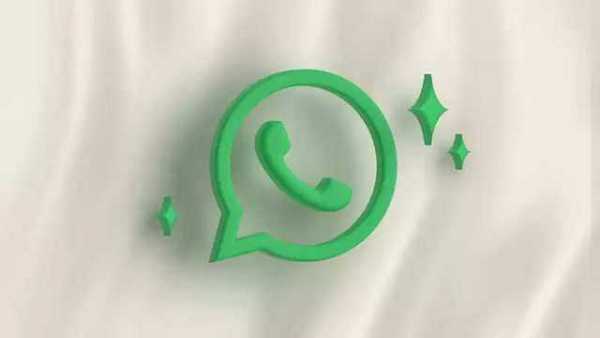

Instant messaging app WhatsApp has become an important part of our daily life nowadays. However, with its increasing use, cases of hacking and cybercrime are also increasing rapidly. Hackers adopt many tricks to break into your personal data.
But there are some signs of such activities happening on WhatsApp, by recognizing which you can avoid hacking in time. Here we will tell you about some such signs by which you will be able to know that your WhatsApp account has been hacked.
Addition of unknown contacts
If such contacts are visible on your WhatsApp, which you have never added yourself, then it is a clear sign that your account has been hacked.
Chat with unknown contacts.
If a conversation is being held with an unknown person from your account, and you are unaware of it, then this can also be a sign of hacking.
Login problem
If you are unable to log in to your WhatsApp account despite repeated attempts, it is possible that a hacker has gained access to your account.
Repeated arrival of verification code
If WhatsApp is repeatedly sending verification codes, do not take it lightly. This is a sign that someone is trying to tamper with your account.
Measures to avoid hacking
– Turn on two-step verification and set a strong PIN.
– Avoid clicking on unknown links and ignore suspicious messages.
– Change the password from time to time to keep your account safe.
– If you feel that your account has been hacked, contact WhatsApp's helpline immediately.
– Be alert and do not ignore these signs. Your small steps can help keep your data safe.
– If such contacts are appearing on your WhatsApp, which you have never added yourself, then this is a clear sign that your account has been hacked.
Disclaimer: This content has been sourced and edited from News 18 hindi. While we have made modifications for clarity and presentation, the original content belongs to its respective authors and website. We do not claim ownership of the content.